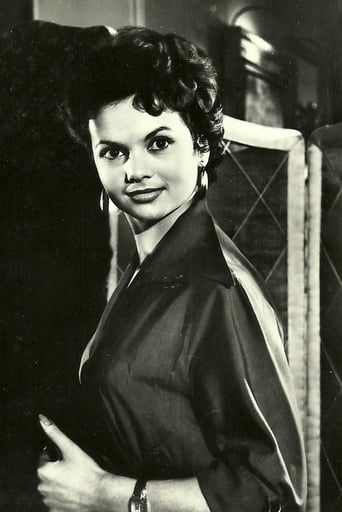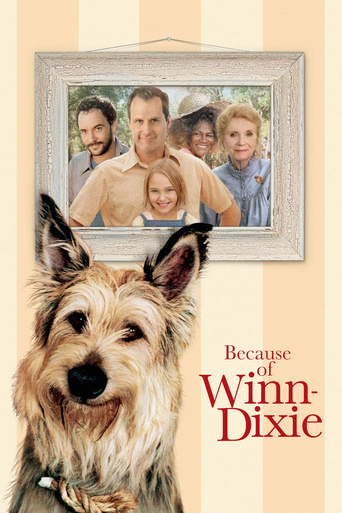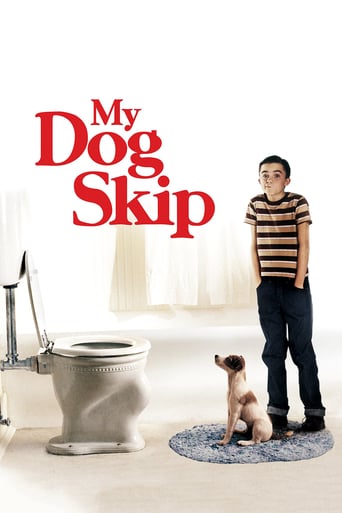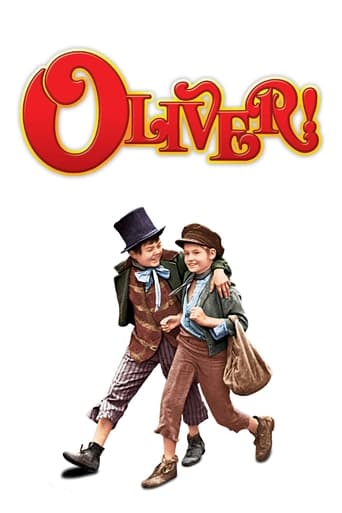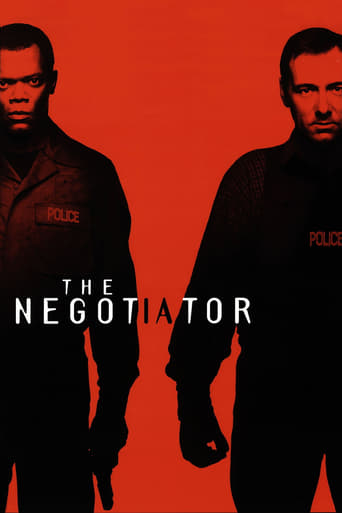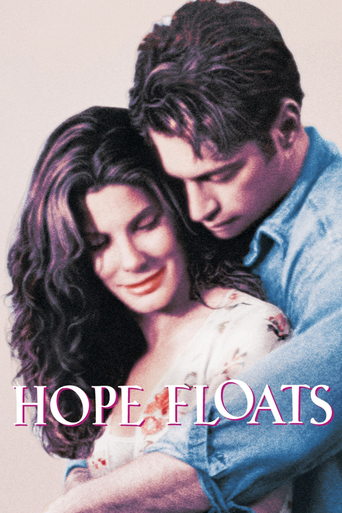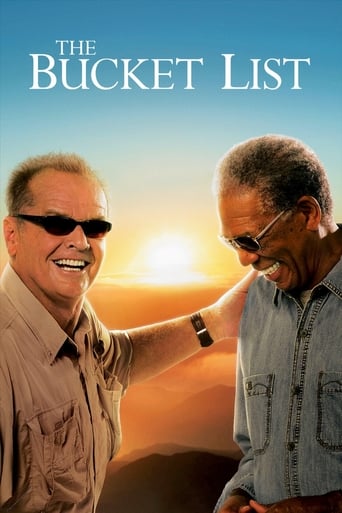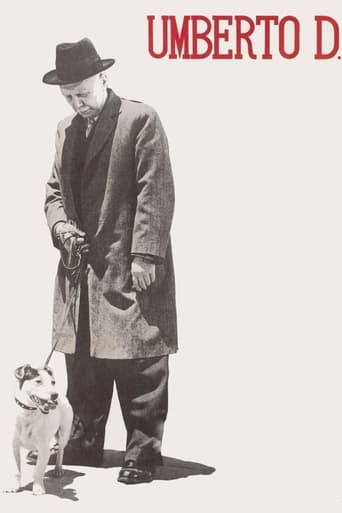
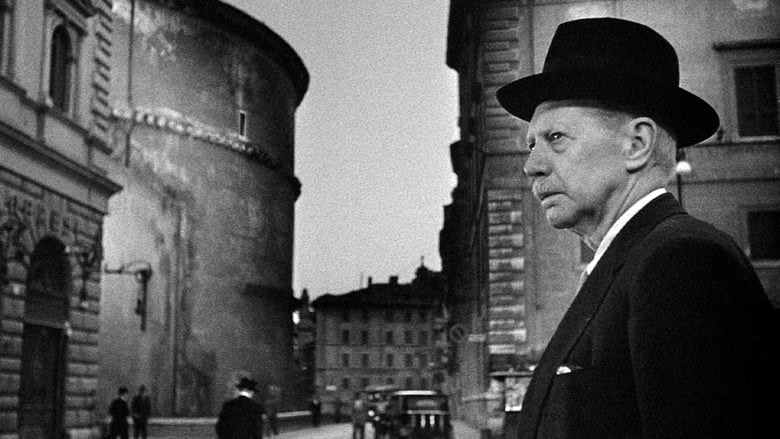
Umberto D. (1952)
When elderly pensioner Umberto Domenico Ferrari returns to his boarding house from a protest calling for a hike in old-age pensions, his landlady demands her 15,000-lire rent by the end of the month or he and his small dog will be turned out onto the street. Unable to get the money in time, Umberto fakes illness to get sent to a hospital, giving his beloved dog to the landlady's pregnant and abandoned maid for temporary safekeeping.
Watch Trailer
Cast


Similar titles
Reviews
I'm glad others like this so much -- many say it's the best film they've ever seen -- but it falls short of that for me. It's in the "neo-realistic Italian style" using "ordinary people" rather than trained actors which sometimes leads to more realistic films.Not for me in this case. To me, it seemed needlessly "jumpy" -- almost like its sequencing and development followed sort of a "comic strip" model in which actions are briefly portrayed followed by some later ones (or preceded by others), and it's up to the viewer/reader to fill in the gaps in the sequences and development. Also, I've had dogs for over half my long life and they've been very loving companions. While "Flike" (Umberto's dog) was a trained 'actor,' I NEVER saw the emotional reaction of genuine mutual love and affection that usually intermittently, spontaneously takes place between a man (or woman) and his/her dog. Trained obedience? Yes.Companions? Yes.Bosom buddies? No. No sign. Great story. Great plot.Execution? -- so-so.
The plot of UMBERTO D. is again straightforward, a characteristic of Vittorio de Sica's films. Threatened with eviction from the seedy boarding-house room he has occupied for thirty years, retired civil servant Umberto Dominico Ferrari (Carlo Battisti) looks for ways to raise money to pay the rent. He tries every avenue, including begging, but the cause proves hopeless. He contemplates suicide but cannot summon up the courage to do so.The film brilliantly encapsulates the central character's plight through small details: the bed in his boarding-house infested with ants; the suitcase with one neatly folded suit and a pair of shoes, Umberto's sole worldly possessions; the way he tries to hold a hand out while begging and then clasps it to his chest, as if aware of the potential shame involved; and the medium shot of his boarding- house room, now with a large hole in the wall as the landlady wants to convert it into a reception-room.No one in postwar Rome wants to know about his suffering. His landlady (Lina Gennari) is a nouvelle riche social climber inviting well-to- do guests in for a soirée while supplementing her income by renting her rooms out by the hour for secret trysts (including Umberto's). Umberto encounters two of his erstwhile work colleagues on the streets; both of them are too busy to stop and talk, even though they pledge their loyalty to him. Later on Umberto wants to leave his dog Flick with a couple inhabiting a seedy apartment; all they are interested in is how much money he is prepared to pay, and when he will collect the dog. He even tries to give the dog to a young girl, but her nurse and her boyfriend dissuade her from accepting in the belief that the dog will spread fleas around the house.Umberto's only friend is the maid Maria (Maria Pia Casilio), who tries to help him but faces ruin herself as she has managed to get pregnant by an unknown boyfriend. Sex, it seems, is one of the few available outlets for the dispossessed to compensate for their lives.Shot in precise black-and-white by G. R. Aldo, the action unfolds in a series of lengthy takes focusing on the characters' relationship to their often dreary environments. Postwar Rome looks an unfriendly place with its deserted squares and dilapidated buildings. The Roman Pantheon is brilliantly used in one shot, its spires extending far into the sky proving the enduring nature of the ancient world, that contrasts with Umberto's ephemeral world which looks to be enduring prematurely.Umberto's relationship to the dog Flick is the film's emotional center. We share his worries when the dog goes missing; and his almost unendurable anxieties when he tries to leave the dog once more in the park. The final sequence looks to be cataclysmic for the man-and- beast relationship, but this is eventually resolved.UMBERTO D. is a relatively short film (only 85 minutes long), but it crams so much social comment into its running time that every moment seems precious.
Umberto D (1952) is a necessity for aspiring filmmakers to truly grasp the notion of loving and hating on-screen characters, and also to witness the Italian Neo-Realist motion in full swing. The fact that the actors were so able to confidently portray the delicate characters in this classic despite being non-professional actors is simply outstanding, a credit to director De Sica. De Sica, a proved genius due to his earlier film, 'Bicycle Thieves', manages to blend the camera work into the narrative, not making it an addition that the audience is aware of. Paired with the award winning script which constructs the beautiful characters, this is a film that'll make you feel a whole collection of emotions from sadness to glee. Some film-goers may yawn at the 'simple' plot, an elderly man struggling financially in post war Italy, but this absence of heavy narrative allows the focus to shift to other things, a risk that pays off perfectly. Umberto D is an undeniable masterpiece, and one that should be on every persons watch list.
I should preface by saying that this is the first Vittorio de Sica movie I have watched, and at the time of writing this, I have yet to see his earlier works. I had wanted to watch Umberto D. to get myself familiar with the Italian "Neoverismo" or Neorealist movement, and it helped that my library held a copy of Umberto D as opposed to these other tales.But what a story it is! Umberto D. Ferrari, after working his whole life in a government position, finds that his meager pension can no longer support himself; it's either rent or food. Umberto has months of back-rent owed to his monstrously conceited landlady, who holes him up in a bug-infested bedroom and constantly taunts and threatens the man with eviction. We watch Umberto struggle as he seeks to maintain some semblance of dignity and humanity, primarily through his relationship with the landlady's dark-eyed, disingenuous maid, and his one true companion and love, his pet dog, Flike. As the movie progresses, we watch as Umberto becomes more miserable, desperate, and dejected, as society no longer has need of an irritable old man, and Umberto increasingly contemplates drastic solutions to end his suffering.Carlo Battisti, the eponymous character, emotes with a fussiness, irritability, and resignation that I know all too well in the faces of elderly people in my own family and community. Umberto D. is a man who has worked his whole life and now finds himself without family, without friends, and increasingly, without a roof over his head. His slide into destitution is heartbreaking to watch.Lina Gennari plays the landlady as a never-ending wellspring of inhumane, bourgeois pretension. La Padrona has delusions of turning her tenement house into a place of class and high culture, plans that are frustrated by the presence of a dejected old man and his mutt.Maria Pia Casillo, discovered as a high-school student by De Sica, plays the landlady's maid, and is the closest thing to a human friend Umberto has. She is hiding a pregnancy from la Padrona, fearful that once discovered, she will lose her job as housemaid. She does not know who got her pregnant, one of the soldiers who daily parade outside the house (the one from Naples? the one from Florence?); this frank admission of sexual misconduct horrifies Umberto, who acts, in his limited capacity, as a grandfather for Maria.Flike the dog's expressiveness and liveliness justify all the affection and praise Umberto lavishes on the dog. Umberto won't go a conversation without talking about how lovely Flike is, and as the film progresses he is increasingly more concerned about Flike's well-being than his own.Aside from the landlady and Flike, all the characters in De Sica's Umberto D. are played by non-actors. This gives an earthiness, a weight to their performances. Hard, pockmarked faces inhabit this Rome, whose tall, soaring Renaissance architecture seems to emphasize the smallness of its inhabitants. Ugly faces, old faces, weaselly scoundrels and smiling nuns... all these and more populate the camera as it follows around Umberto and Flike. The camera moves in a lifelike fashion, like an observer, and we watch Maria grind coffee beans in tears as she reflects on her pregnancy, or we watch as Umberto tries to beg but can't bring himself to debase himself in public. These little, mundane human actions are what make the film for me, whether it is Maria dropping everything she's doing to watch the soldiers outside her window, or as an elderly man contemplates taking his dog from the pound or having him put down, and you can see the thousand different painful emotions playing in his hard, worn eyes. They sound unimportant, and they are, but De Sica infuses them with dignity and empathy.We get the sense that this is a real story playing out. From the opening, ineffectual protest of retired pensioners, to the penultimate, wretched scenes at the train tracks, we feel that De Sica has us in his confidence, and is sharing a deeply personal story with us (the film is dedicated to De Sica's father). The film's final moments end on an open note, but ultimately one of hope and humanity in a world that has progressively and aggressively sought to dehumanize Umberto and throw him away with the rest of the trash.The film's notes mention the vicious criticism it received at the hands of the bloated, bureaucratic Christian Democratic Party and corrupt, ineffectual Communist Party, both who hated the film for its subversion and pessimism. Considering post-war Italy's turbulent history, this pessimism might be justified. But this pessimism is ultimately tempered with hope. Because at the end, a man can still love and live for someone, even if that someone is a dog.NOTE: This review is based off of the Criterion DVD. For those more interested in the DVD itself, the picture looks well and the quality is what you would expect from a Criterion release (that is to say, very good!). The monaural mix had no problems (though I listened through headphones on a laptop). The film's liner notes contain a short essay on the film, plus thoughts by Vittorio de Sica on Umberto D. There is no film commentary, but the DVD's extras contain a 51 minute documentary on De Sica's filmography, often narrated and hosted by De Sica himself. Also included are some thoughts and notes by Carlo Battisti, Umberto Eco, and others on the film, and an interview with Maria Pia Casilio about her relationship with De Sica and how she came to work on the film. All of this is excellent and informative and the documentary in particular was a fun watch, if only for De Sica's magnetic personality.



